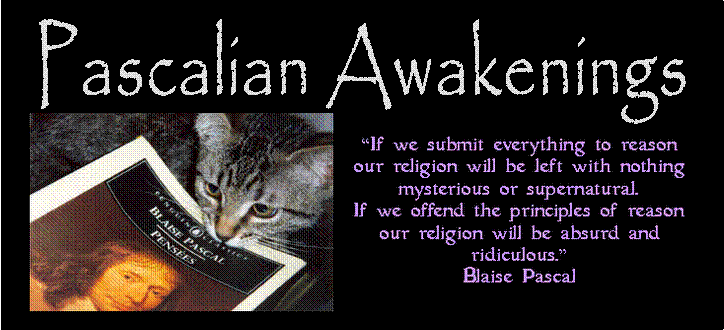Here are a couple of "nuggets of joy" from Olson's Introduction to Reformed and Always Reforming:
p. 25 "To be sure, insofar as fundamentalism signals anti-intellectualism, an aversion to critical thinking, and separation from secular society and from Christians affected by secularism and liberalism, most conservative evangelical theologians are not fundamentalists. However, many conservatives share with fundamentalists a tendency toward harsh, polemical rhetoric and angry denunciations or ad hominem arguments when writing about fellow evangelicals with whom they disagree. The words 'heresy' and 'heterodoxy' and charges of departures from the true faith are all too frequent in some of their writings."
p. 45 "On the one hand, conservative evangelicals admit sola scriptura--that Scripture alone stands as the final source and norm of theology so that every doctrinal formulation, however ancient and accepted, is subject to correction by Scripture. On the other hand, they label as less than fully or authentically evangelical any theologians or theological proposals that diverge from man-made orthodoxy. How then can an evangelical theologian subject ancient and accepted doctrines to critical scrutiny and propose revisions in the light of faithful and fresh biblical understanding without automatically being condemned as nonevangelical?"
p. 53 "First, postconservatives, like conservatives, presupppse revelation, but they consider its main purpose to be transformation more than information."
There are a few snippets, but there is much more, and I have much more to read in the book.
But I do think I might be a postconservative evangelical. So far anyway.


2 comments:
I think he misused the term sola scriptura there. There is a huge difference between solo, and sola.
St. Brianstine,
Where do you diverge from Olson?
Post a Comment